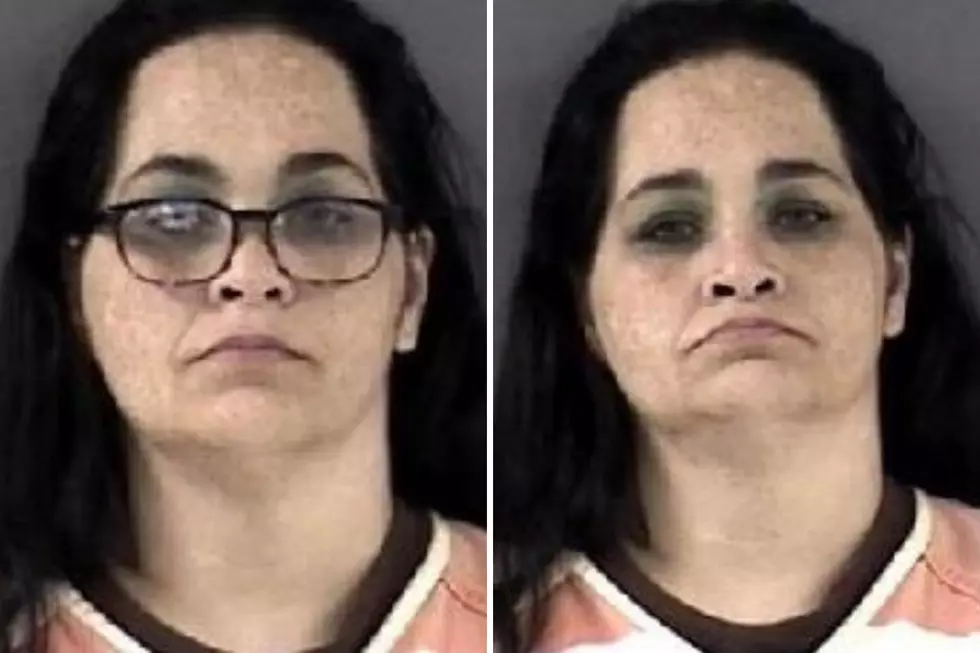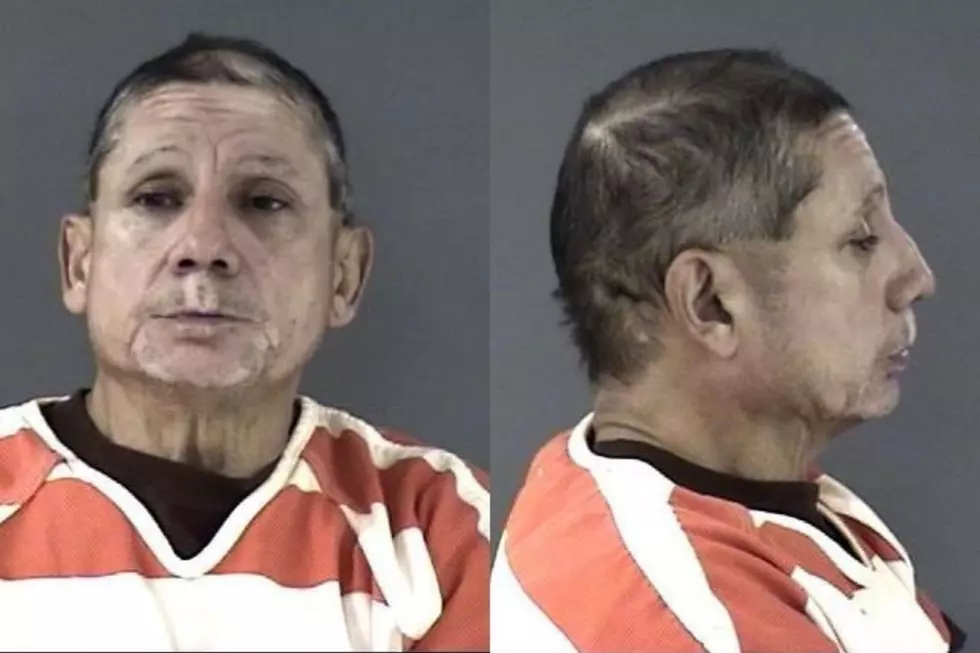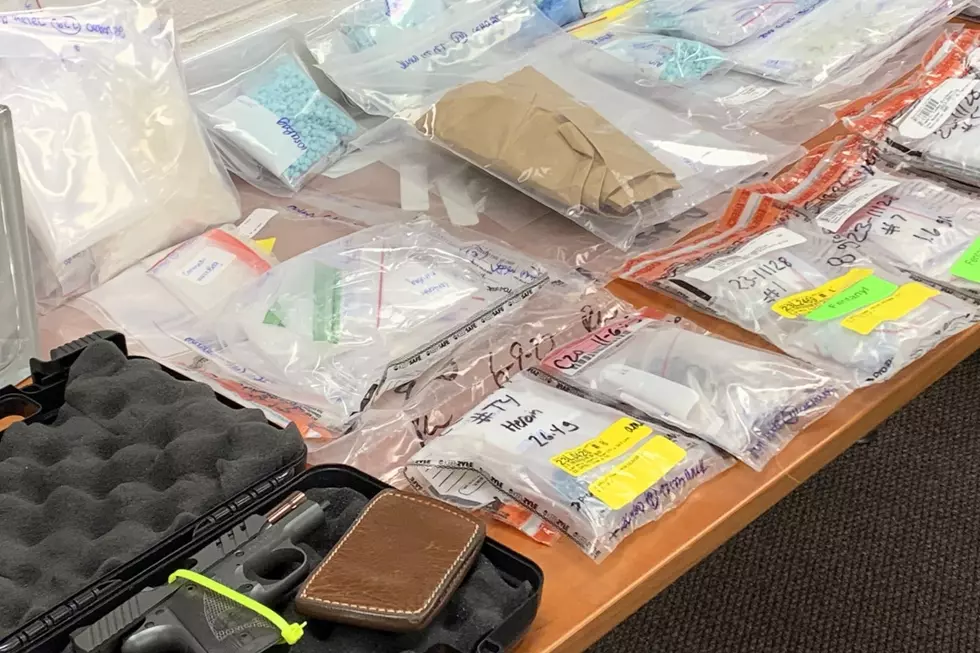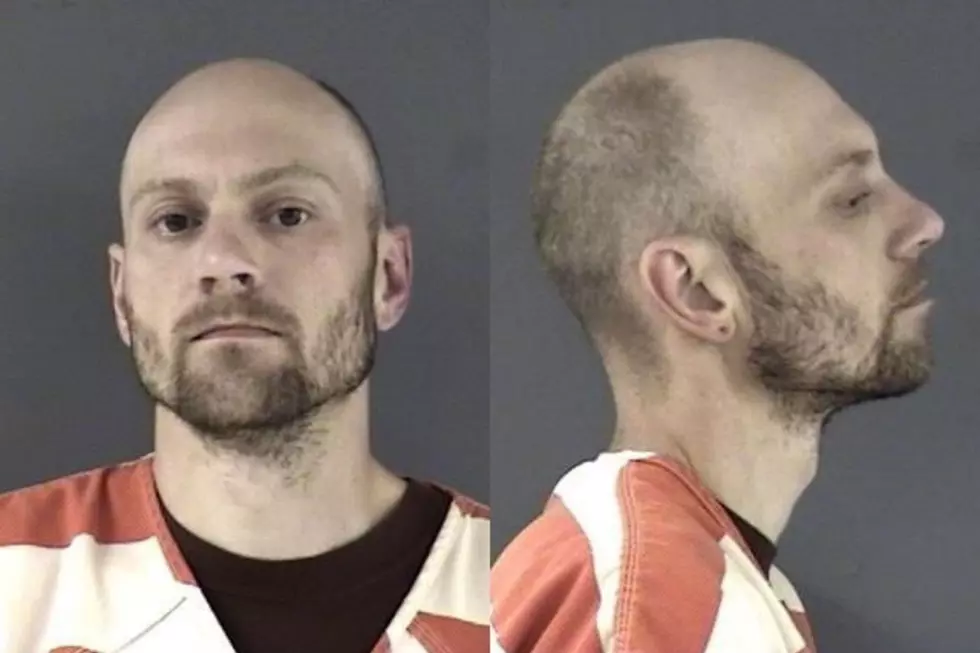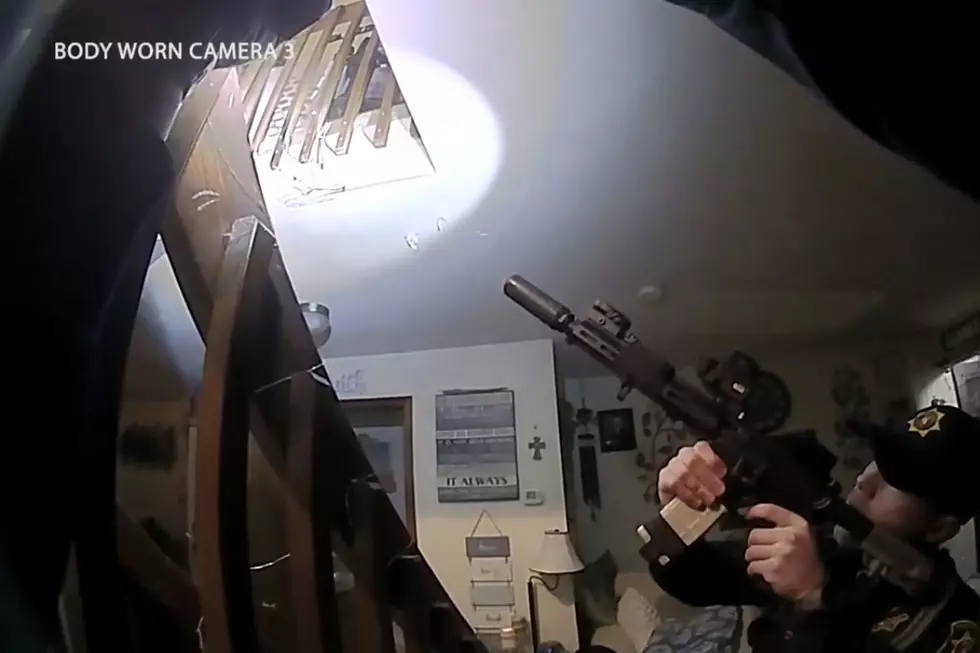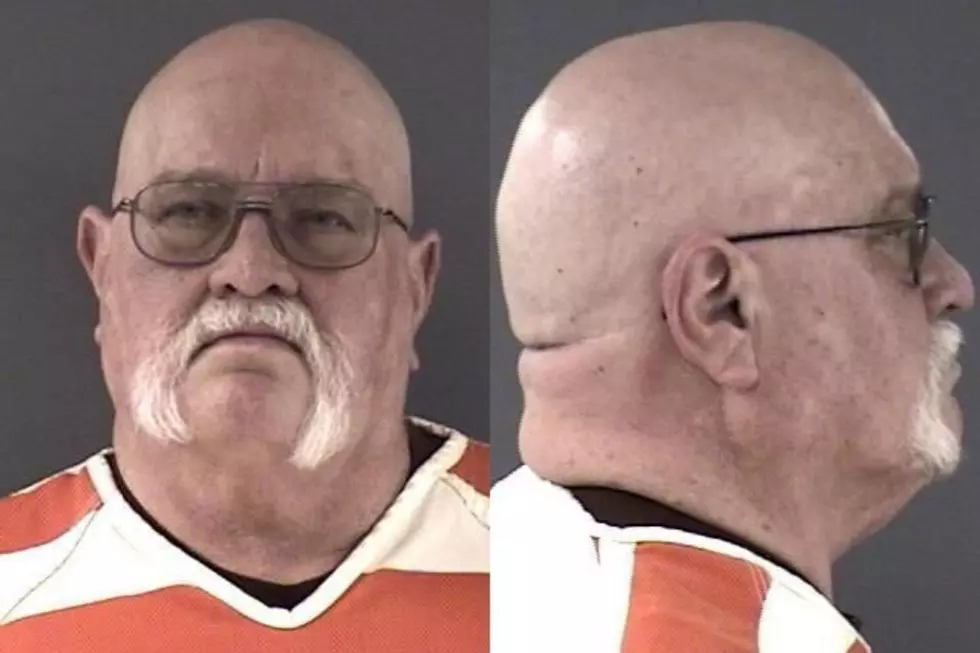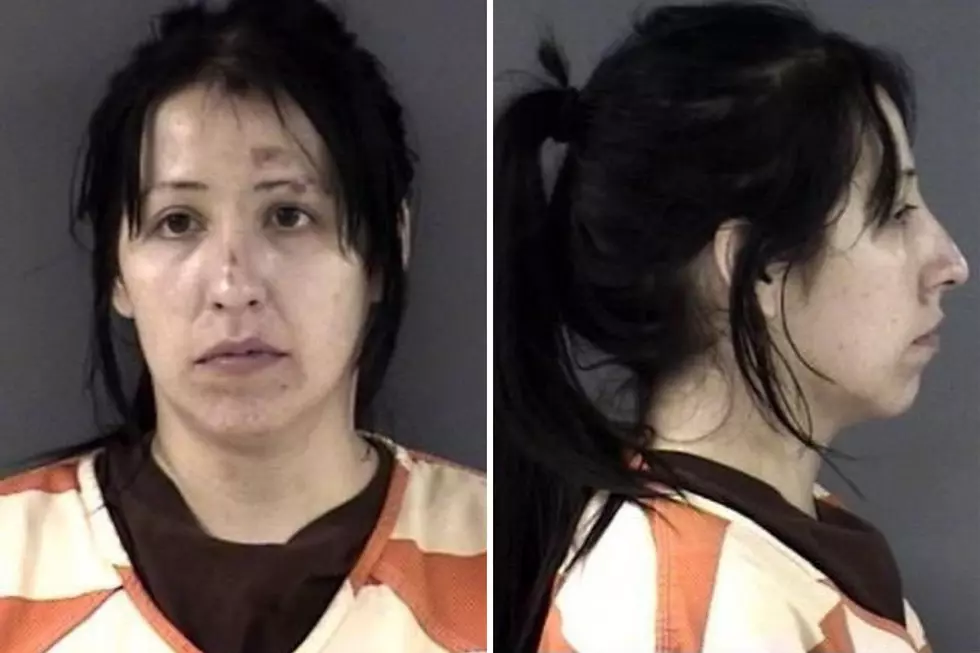
California Pilot Sentenced To Prison For Drug, Racketeering Crimes
A California pilot who flew drug proceeds across the country will spend two years in prison after being sentenced Thursday on federal racketeering and drug charges.
U.S. District Court Judge Scott Skavdahl, using federal sentencing guidelines, handed down the sentence to Bruce Michael Latorre after a two-hour hearing during in Casper.
Besides the prison term, Skavdahl ordered Latorre to pay $1,800 in community restitution and serve three years of probation after his release from custody.
During the hearing, Latorre's attorney Tom Fleener asked for probation because he is in remission from cancer and he needs to be near his family; he cooperated with law enforcement; he was not at the top of the conspiracy involving a marijuana grower in Humboldt County, Calif., and a distributor in Buffalo, N.Y.; and he personally did not handle marijuana.
The case started last year when federal and several state agencies tracked suspicious behavior of his plane across the country. They arrested Latorre at the Evanston airport on Dec. 9.
Latorre didn't have any marijuana in his plane, but agents with Homeland Security Investigations and the Wyoming Division of Criminal Investigation seized a suitcase containing $519,935 cash in 10 vacuum-sealed bags.
On Jan. 12, the federal grand jury indicted him on one count of interstate travel in aid of a racketeering enterprise and one count of conspiracy to distribute more than 50 kilograms, or about 110 pounds, of marijuana. Investigators determined the amount of money seized was worth at least at least 300 pounds of marijuana.
On June 15, Latorre pleaded guilty to both counts.
Latorre told investigators he was paid $10,000 plus expenses for each trip and made at least four such trips, but he didn't remember exactly how many.
Fleener said Latorre never handled drugs himself, nor did he profit from their sale. "The only thing he did was he few money from point A to point B."
At that, Skavdahl leaned back in his chair and asked, "What is the most important part of a drug conspiracy?"
Skavdahl meant money, but Fleener said drugs.
Fleener added that marijuana is the major business in Humboldt County.
Skavdahl wasn't impressed, saying growing it doesn't make it legal. "The last time I read the Constitution, the federal government preemps state law."
Assistant U.S. Attorney Thomas Szott said Latorre was more than a low-level smuggler. He was sophisticated, a good pilot, and connected the California supplier to the New York distributor.
Before handing down the sentence, Latorre's long-time girlfriend and his son told Skavdahl how much he meant to them.
She said their daughter will miss his support if he is incarcerated.
His son simply said, "please don't take my dad away."
Latorre told Skavdahl he was unable to do much work after he was stricken with cancer, but he could sit still in the pilot's seat.
"I am truly sorry," he said. "Whatever you dish out, I deserve. Just think about my family."
In handing down the sentence, Skavdahl said he's not responsible for making policy about immigration or drugs. "That's above my pay grade."
He said Latorre had a run-in with the law in 2011, and got a slap on the wrist. Unfortunately, that may have emboldened him to be a flying courier, he said.
Latorre used his skills as a pilot to avoid detection during his flights, and he facilitated the transfer of money for the conspiracy, Skavdahl said.
Prison is necessary to send a message of deterrence to him and others, he said. "This kind of conduct will not be tolerated."
Skavdahl also told Latorre's son and girlfriend that he understands their feelings about his incarceration. "I appreciate that, but I cannot allow that to excuse criminal behavior."
More From KGAB
